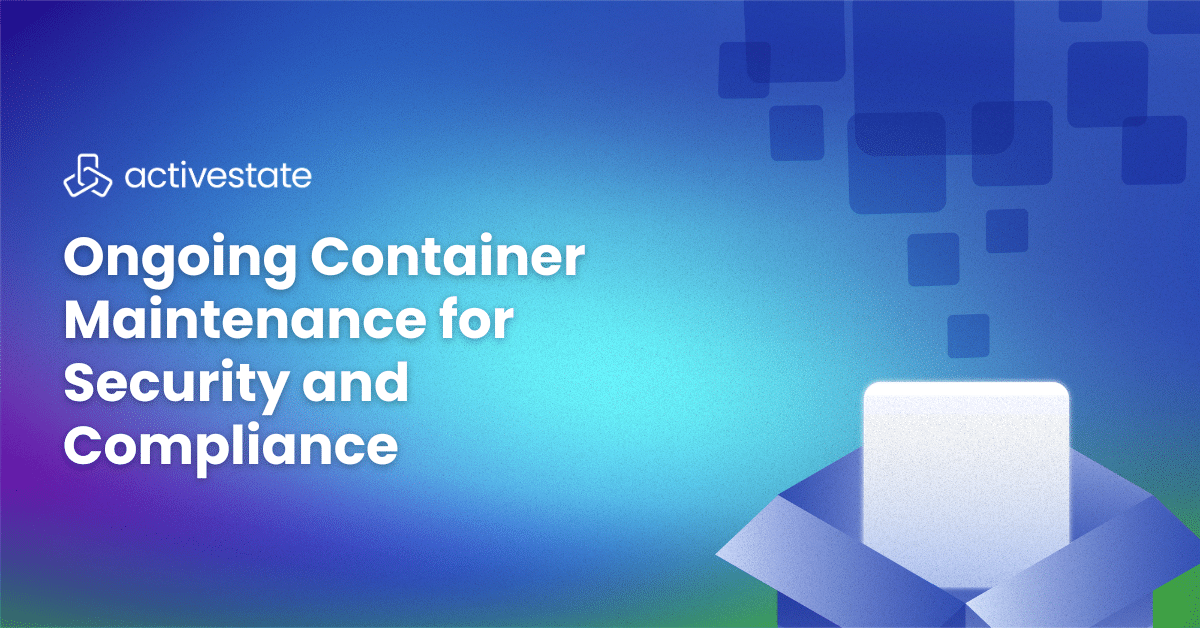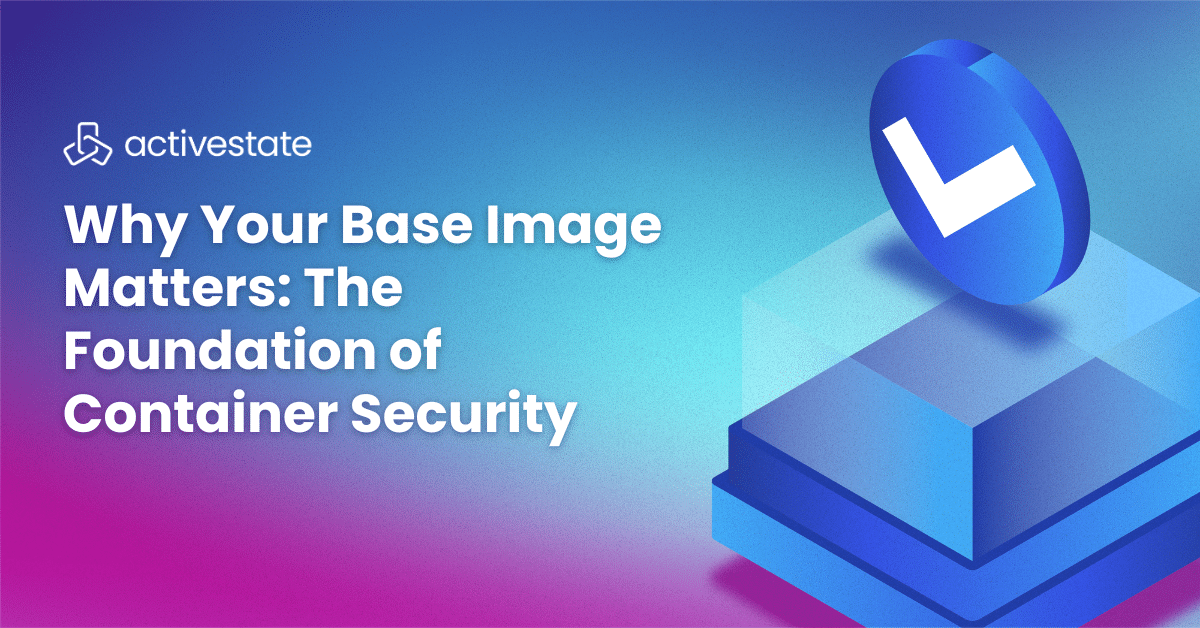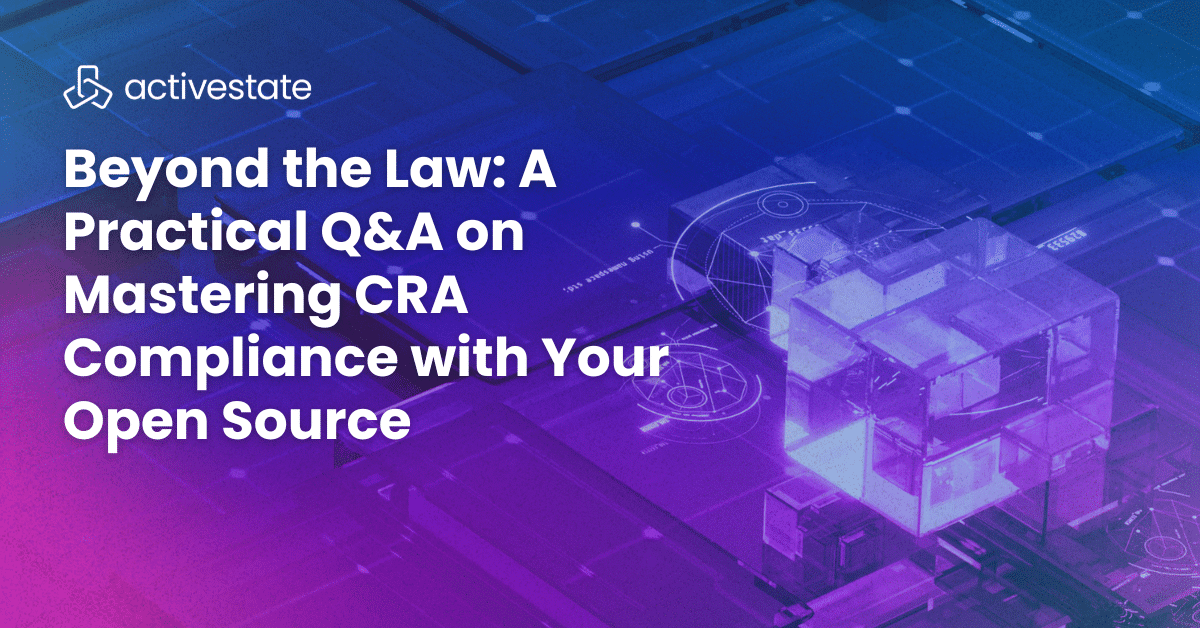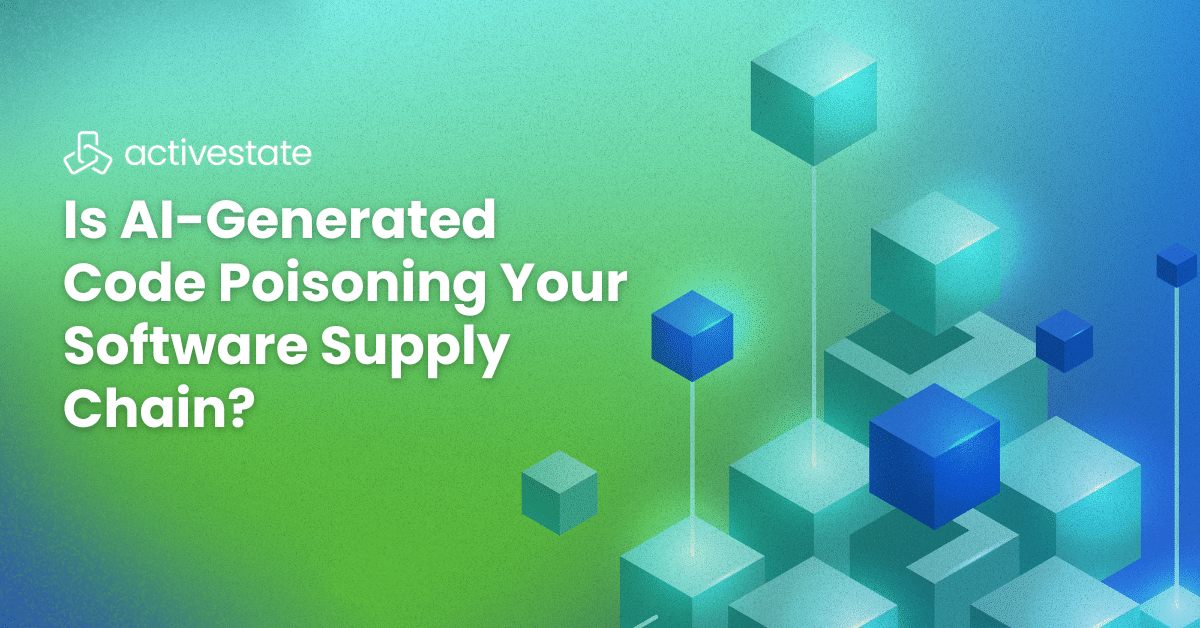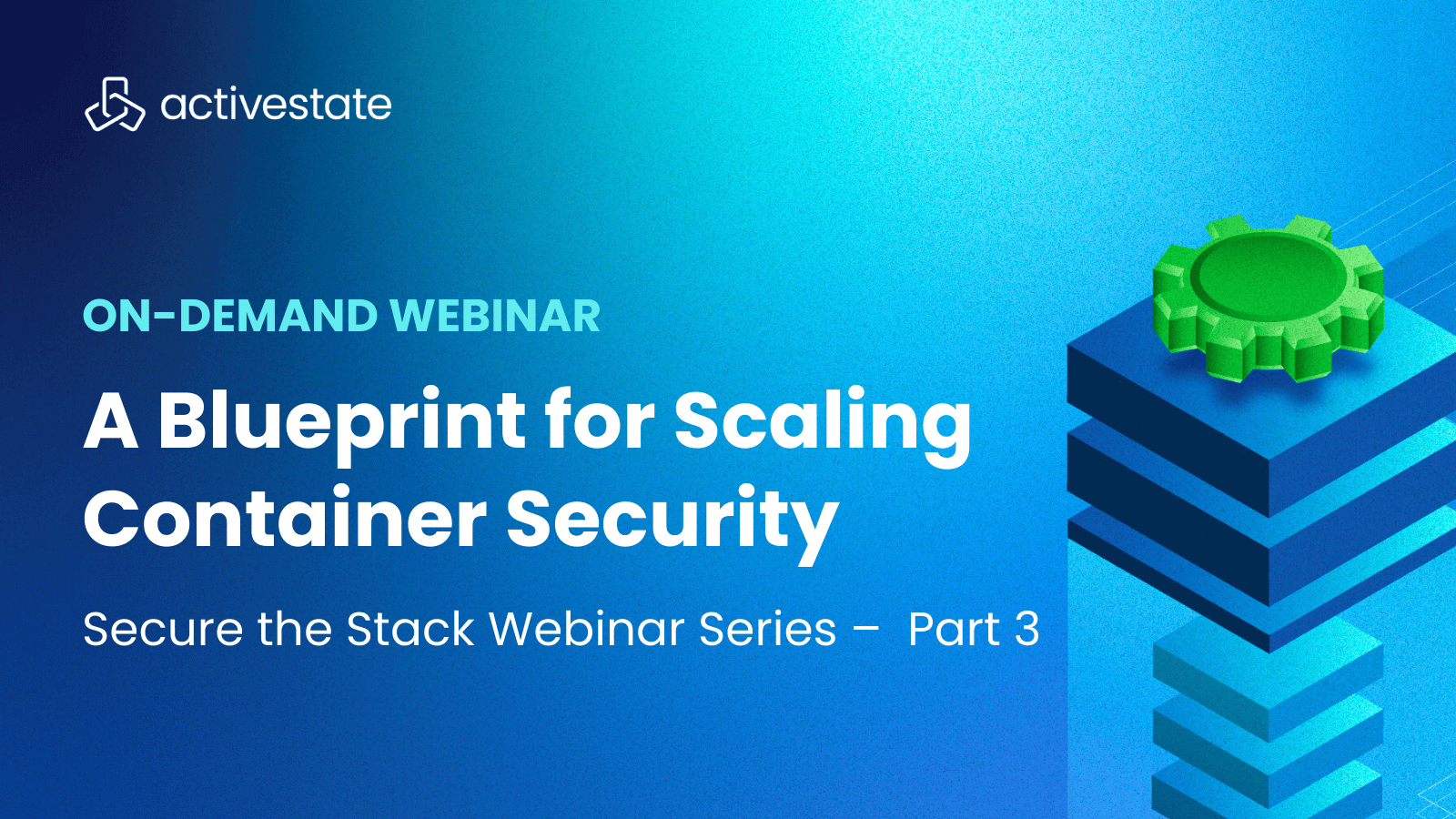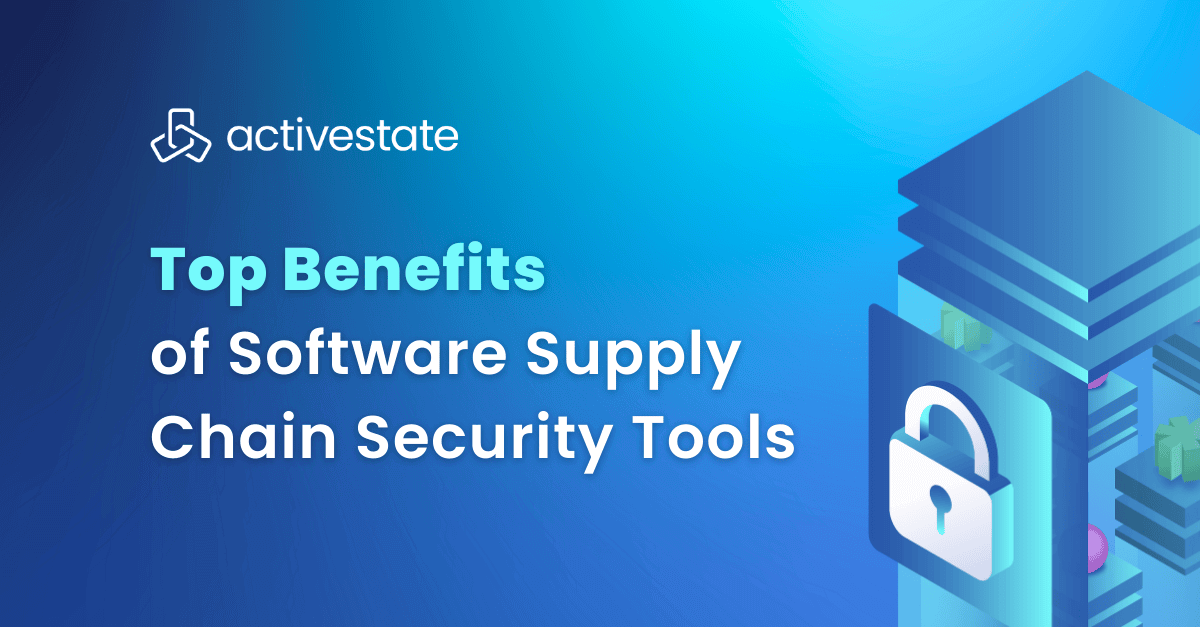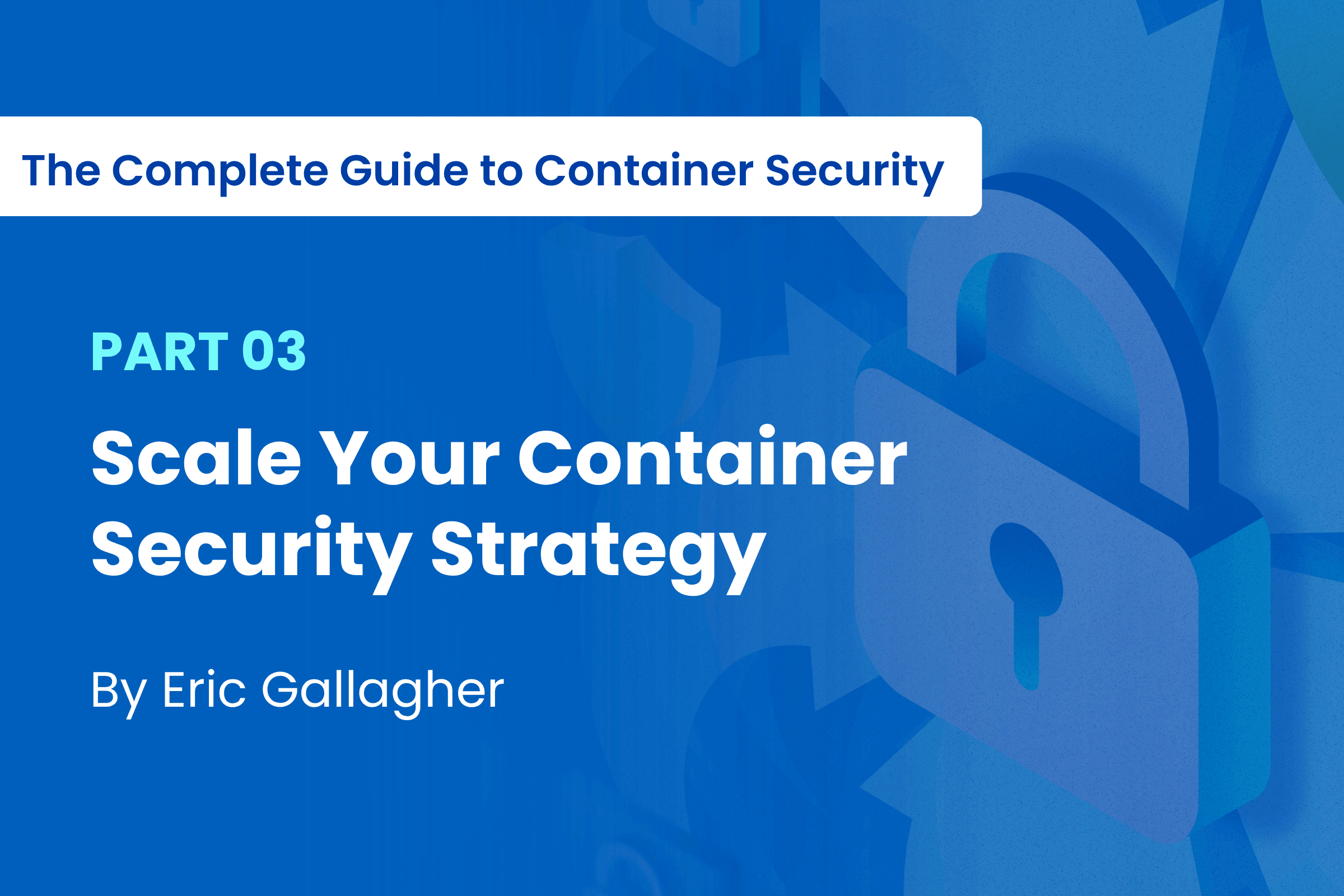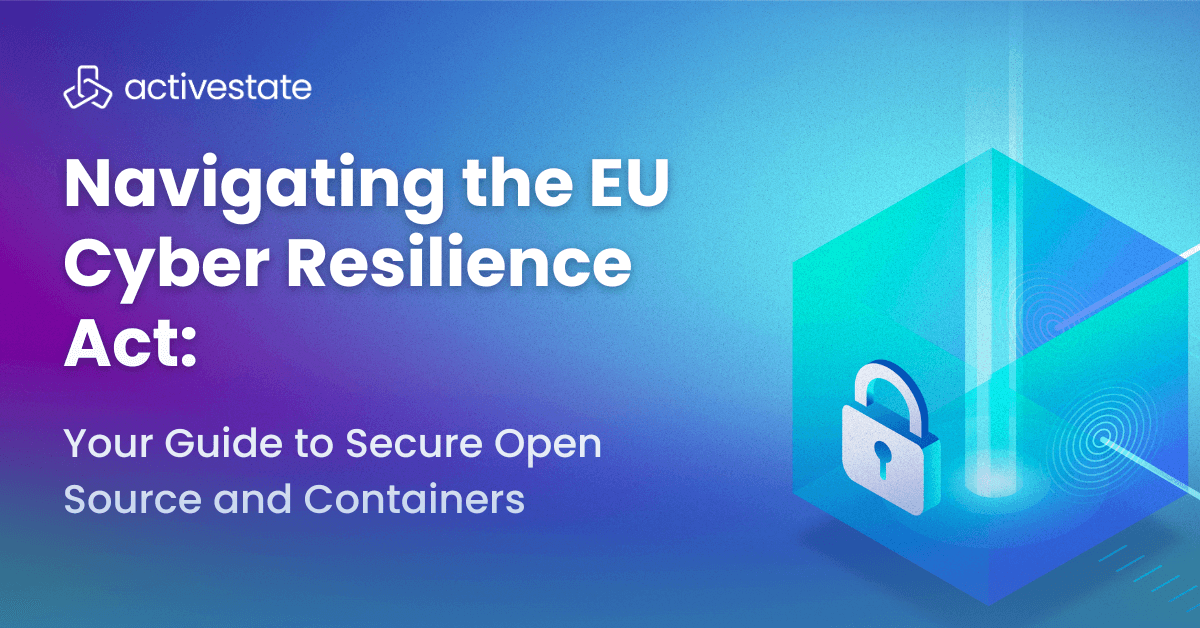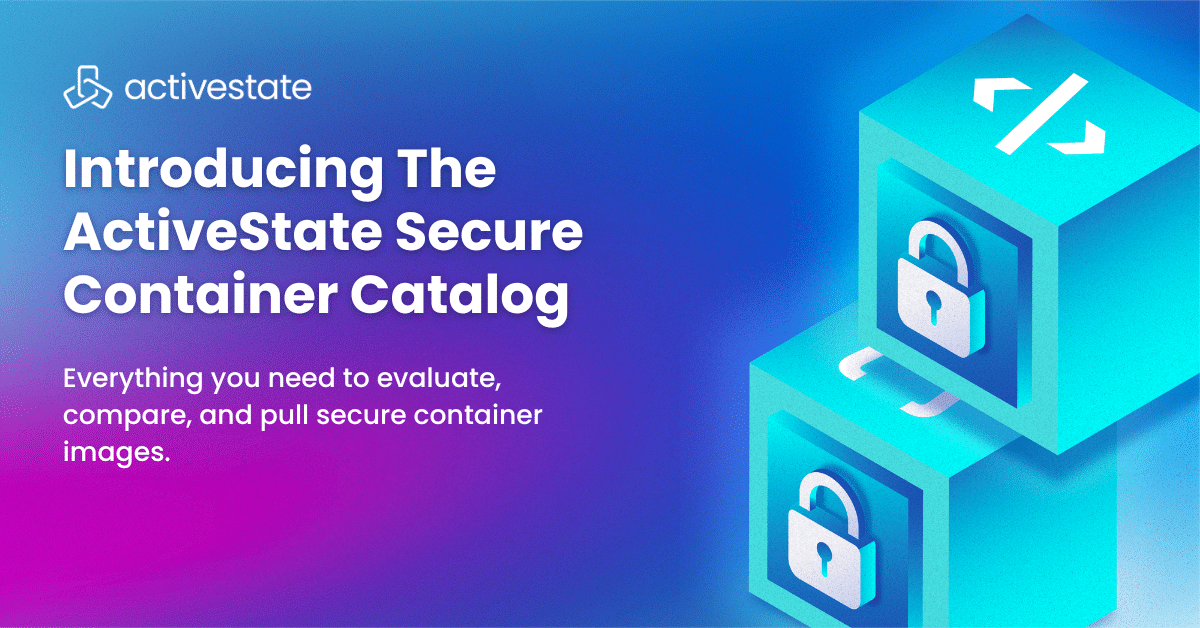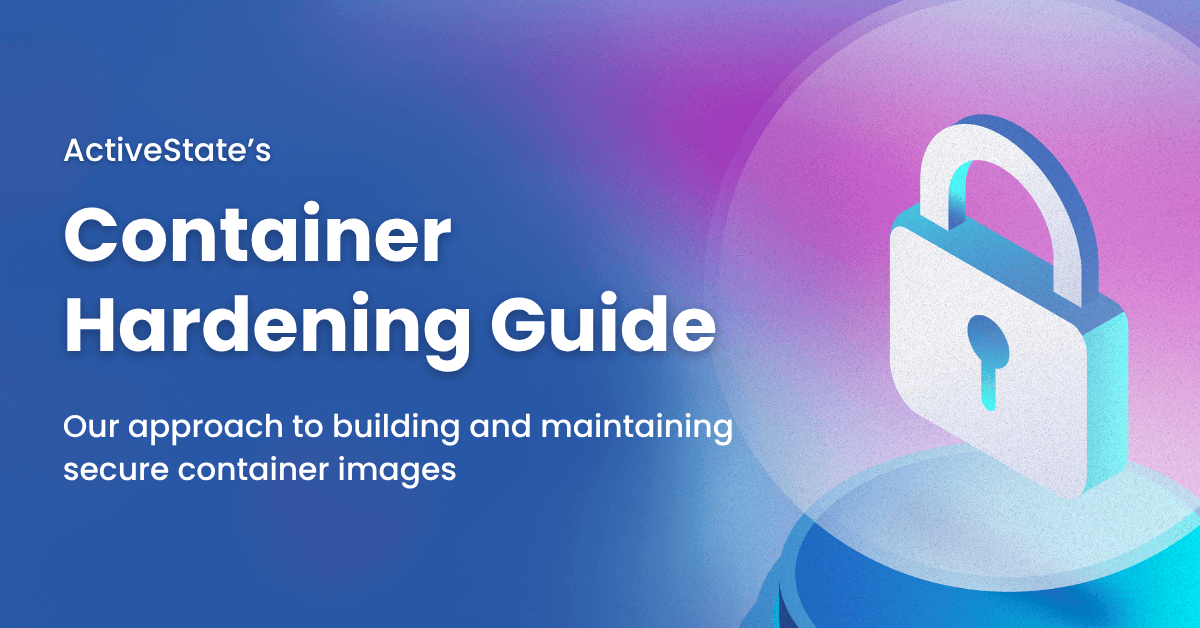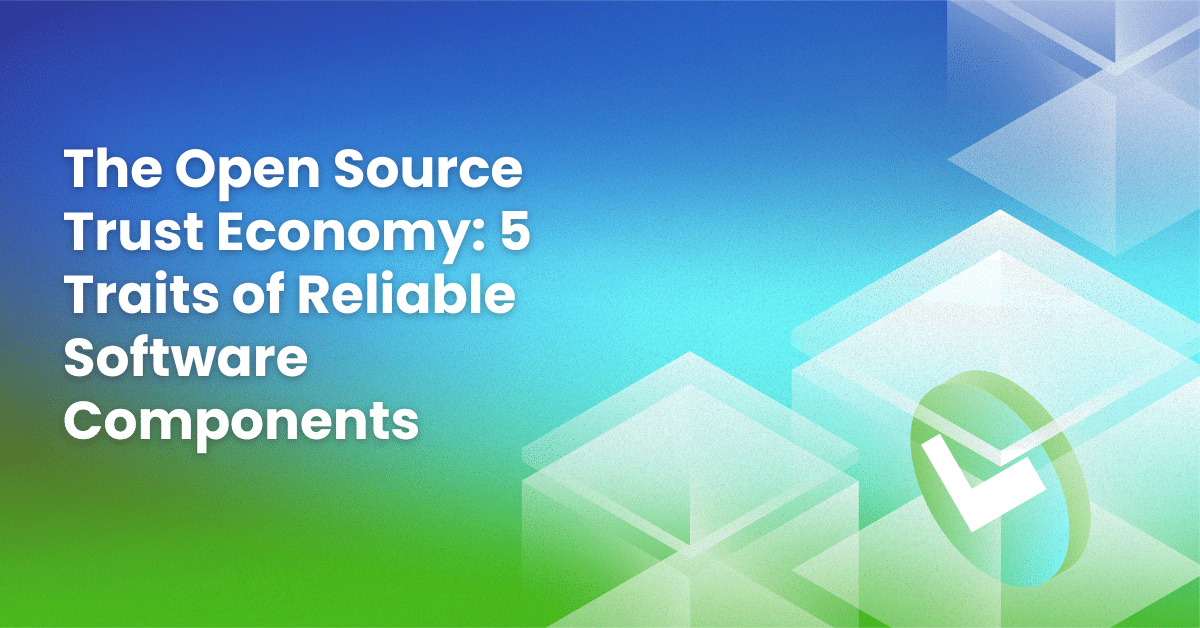Blog
All Blog Posts
Ongoing Container Maintenance for Security and Compliance
Building a secure base and compiling from source form the foundation of container security. But DevSecOps teams face a bigger challenge: proving that images remain ...
Read More
Why Your Base Image Matters: The Foundation of Container Security
When building a house, you wouldn’t build on a cracked foundation. Yet, in the world of container development, that is precisely what happens when engineering ...
Read More
Mastering CRA Compliance with Your Open Source – A Practical Q&A
We sit down with Moris Chen, ActiveState’s VP of Customer Success, to move past the legal theory and into the practical steps every development team ...
Read More
Container Security: Best Practices for Modern DevSecOps Teams
In 2025, containers are everywhere, powering CI/CD pipelines, supporting cloud-native development, and driving faster software delivery. Yet for many DevOps and security teams, container adoption ...
Read More
Is AI-Generated Code Poisoning Your Software Supply Chain?
Playing With Fire It’s hard not to recall Greek mythology when discussing generative AI. Just as Prometheus stole fire from the gods and unlocked humanity’s ...
Read More
Scaling Security: A Blueprint for End-to-End Container Protection
Scaling container security isn’t just a tooling upgrade, it’s requires the right structure and a framework. In this 20-minute session, you’ll learn how to strengthen ...
Read More
Top Benefits of Software Supply Chain Security Tools
The Secure Curated Catalog Advantage In the modern software supply chain, the risk isn’t just in how you build software, but in what you build ...
Read More
Scale Your Container Security Strategy
Learn and adopt the techniques today’s top engineering teams use to keep their images risk-free, secure, and compliant.
Read More
Navigating the EU Cyber Resilience Act: Your Guide to Secure Open Source and Containers
The digital landscape is rapidly evolving, and with it, the regulatory environment. For businesses operating in or selling to the European Union, the upcoming European ...
Read More
Introducing: The ActiveState Secure Container Catalog
Let’s address the elephant in the room. Back in June, we launched ActiveState Secure Containers, our low-to-no CVE container images built from source with full ...
Read More
ActiveState’s Container Hardening Guide
Learn and adopt the techniques today’s top engineering teams use to keep their images risk-free, secure, and compliant.
Read More
Five Traits of Reliable Software Components
Open source has become the backbone of modern software. From cloud infrastructure to AI frameworks, nearly every digital product depends on code written and maintained ...
Read More


